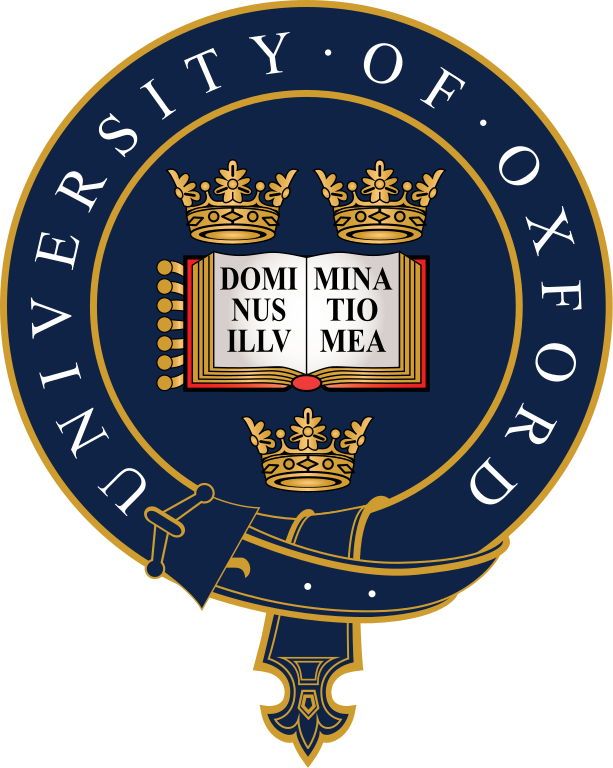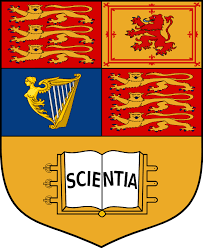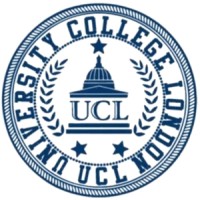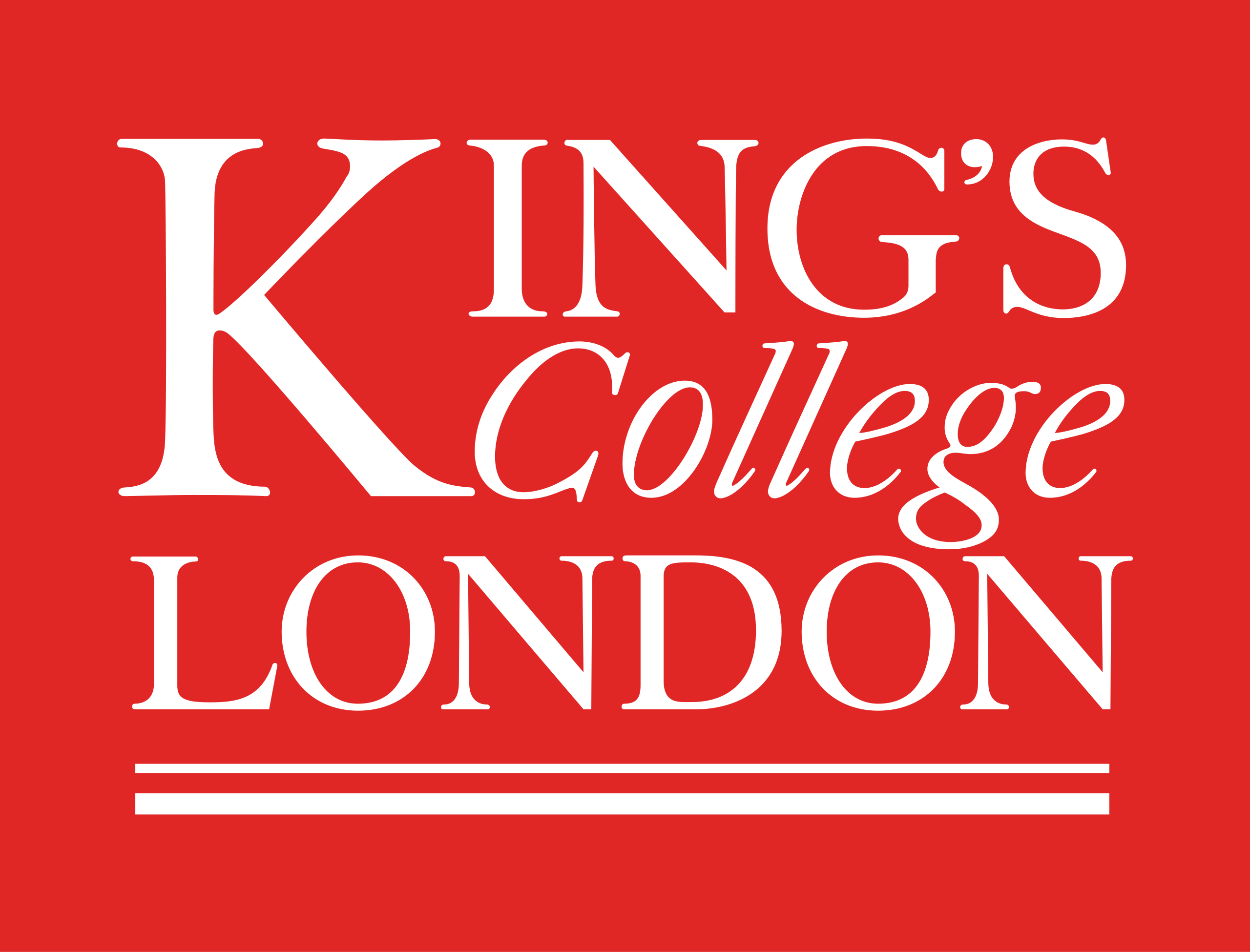Top Universities in UK
When deciding which university to study at, it is crucial that you also look at the world university rankings. Study in UK offers you access to some of the world’s top institutions.
More About UK
It is a vibrant and colorful country in Northwestern Europe comprising four nations namely, England, Scotland, Wales, and Northern Ireland. The UK is famous for its long history, and it contributed immensely to politics, culture and science all over the world. Some of the world’s best universities, including Oxford, Cambridge and Imperial College London are situated in the UK which is a great place for international students to pursue their education. The UK has both traditional and modern cultures in its diversity. The country is nicknamed as it is famous for its famous landmarks, including the Big Ben, Tower of London, Edinburgh Castle, Stonehenge, and popular cities like London, Manchester and Glasgow. Our theatre scene, music festivals and sporting events, including football and rugby, are also known in the UK.
To study in UK, you must have required some important documents to apply for a UK student visa. Check below some of the crucial documents that you must need.
-
Valid Passport: You must have a valid passport for the entire duration of your stay in the UK.
-
Confirmation of Acceptance for Studies (CAS): It is important to have an offer letter from a UK university that confirms your acceptance into a course.
-
Proof of Financial Support: You must have proof of finance to support your studies (e.g. Bank Statements, scholarship letters).
-
Biometric Information: You may need to provide fingerprints and photograph as part of the visa process.
-
Academic Transcripts and Certificates: Have copies of previous academic qualification such as high school marksheet, or bachelor’s degree etc.
-
Proof of English Proficiency: You must have test results for IELTS, TOEFL, or equivalent english language tests.
-
Passport-sized Photos: Have passport-sized photographs that meet UK visa specifications.
-
Proof of Accommodation: You must have documents that confirm your house arrangements.
-
Tuberculosis Test: You must provide a valid TB test certificate if you are TB-endemic countries like India.
-
Visa Application Form: Complete visa application form through UK government’s official website.
Documents Required for UK Study Visa
- Valid Passport: Ensure it’s valid for at least 6 months beyond your planned stay in the UK.
- Confirmation of Acceptance for Studies (CAS): The reference number provided by your university confirming your acceptance.
- Visa Application Form: The online application form for the UK student visa, filled and submitted.
- Proof of Financial Support: Recent bank statements or financial documents proving you can pay for tuition fees and living expenses.
- Proof of English Proficiency: IELTS, TOEFL, or other tests depending on your course and university requirements.
- Academic Documents: Copies of your educational qualifications, including transcripts and certificates.
- Passport-Sized Photos: Two passport-sized photos according to the specifications for UK visa applications.
- Immigration Health Surcharge Payment: Proof of payment to access healthcare services during your stay.
- Proof of Accommodation: Evidence of where you’ll be living during your studies.
- Biometric Information: You’ll need to attend a visa application center to submit your biometric information.
Popular Courses In UK
Popular courses in the UK are Business, Computer Science, Medicine, Engineering and Law. Earning from these fields is popular due to the job from these fields and job availability throughout the world.

Scholarships in UK
- Chevening Scholarships
- Commonwealth Scholarships
- University-Specific Scholarships
Study in UK: Additional Tips
Deadlines
Be aware of application deadlines, which can vary significantly between institutions.
Research
Each school may have specific requirements, so always check the school’s website for detailed information.
Interviews
Some programs may require an interview as part of the application process.
If you have a specific school or program in mind, it’s best to check directly with them for the most accurate requirements.
Study in UK- The Roadmap With Class24
With Class24 studying in the UK is a structured step by step process which helps the student in getting application through, understanding visa procedure and selecting best courses for the student. The thorough support provided by this allows the students to make the best decision they can to support their academia in the UK.
Highest Paying Jobs to Study in UK
Study in UK brings you the opportunity to explore highly demanding job sectors and a strong job market. After graduation, you can explore opportunities in top sectors like Information Technology, Healthcare, Engineering, Finance, Education, and Creative Industries.
Some of the Highest Paying Jobs in the UK
|
Job Title |
Average Annual Salary |
|
Investment Banking Analyst |
£50,750 |
|
Software Developer / Engineer |
£31,500–£45,000 |
|
Data Scientist |
£40,000–£50,000 |
|
Physician/Doctor (Medicine) |
£33,000 |
|
Dentist |
£35,000–£39,500 |
|
Veterinary Surgeon |
£31,000–£32,000 |
|
Chemical Engineer |
£30,000 |
|
AI Engineer |
£32,000 |
|
Corporate Lawyer |
£26,500–£50,000 |
|
Economist / Economics Graduate |
£30,000–£34,135 |

Get Admission into top UK universities with the help of expert counsellors
Save up-to ₹3 Lakhs with us!*
Discuss with Expert for FREEBenefits

High Quality Education
The UK boasts some of the best and world’s leading universities such as University of Oxford, University of Cambridge, and Imperial College London that have a reputation of belonging to the best in the world when it comes to academic standards and great research opportunities.

Various Study Programmes
The UK provides a variety of undergraduate and postgraduate programs in business, engineering, medicine, arts and technology. Degrees from UK universities are internationally recognized, and this is what makes them acceptable worldwide and easier to use in terms of employment.

Opportunities post graduation
International students can stay in the UK for a period of two years after graduation under the Graduate Route to work or search for a job, and if a job is found, they can switch from Graduate Route to work visa.

Cultural diversity
The UK is a potpourri of cultures where students can get the chance to interact with people from various cultures.

Work
International students are also allowed to work part time (up to 20 hours a week in term.

English Language Advantage
Staying in the UK is an excellent opportunity to enhance the English language skills that will work for you in the global workplace.

Research and Innovation
UK is a hub for research and development and allows students access to the research and development projects on cutting edge research fields and technologies in various fields.

Historical and Cultural Experience
UK attracts students who can experience the historical landmarks, museums, art galleries and theatres to make the place alive and to have experience.

Alumni networks are strong
UK universities are filled with a strong alumni network, which brings in global career support.
Monthly Living Expenses in UK
Daily living costs in the United Kingdom vary mostly with region and your lifestyle. Here’s an in-depth look:

Accommodation:
University Dormitories: £400–£800 per month. Private Rentals: £500 to £1200 depending on a single room flat or to share or in a shared house. Homestays: £500- £700 a month per head and meals inclusive.

Food and Groceries
Of all the activities, cooking at home is helpful in reducing expenses. Food expenditure for monthly grocery shopping falls between £150 and £300 depending on the preference of the consumer.

Transportation:
Buses, trains and trams are economically viable methods of transit available to the populous. The available schemes like the 16–25 Railcard and Oyster card that students can use in London are a way of identifying cheap means.

Miscellaneous Costs
Entertainment: £50–£100 per month. Mobile and Internet: £20–£50 per month. Clothing and Personal Items: £50–£100 per month
Low
High
Study Abroad Made Simple
Increase your chances of admission upto70%
The UK is one of the country’s booming economies. This is the reason that international students go to the United States.
Request a CallbackKnow Real Stories of Real People, How They Went from India to Abroad!
Get ready to be inspired by the incredible story of students who turned their dreams into reality.
- Free counselling sessions by an educational consultant
- Database of multiple reputed universities under one roof
- Trustworthy and affordable overseas study plans
Document Get Help in Handling All the Legal Papers
The help that one can get with handling legal documents helps to make sure that all of the required paperwork is managed properly and efficiently. From immigration to contracts, whether you need these services for immigration, contracts for academic requirements, professional services can make it easy for you to travel the thorny legal path. Working with these experts, document preparation, submission deadlines and compliance with local laws are brought under control and thus the risk of making errors or delays is reduced. Without understanding legal documents, people need help with legal document assistance, which ultimately reassures them and saves their time while coming up with important transactions.
Study in UK
Study in UK for international students is globally renowned with top universities. UK is one of the top destinations for global ranked universities, high academic standards, and teaching methods. You also gain access to a variety of programs like business, engineering, medicine, and beyond that provide you real-world skills and career readiness.
As being the global hub of international students, the UK immerses you in a cultural and educational experience. This diversity makes a dynamic learning environment where students make lifelong connections, get engaged with new perspectives, and grow personally as well as professionally. Some major cities in the UK like London, Edinburgh, and Manchester provide you with vibrant multicultural communities and exciting student life. You also get to explore iconic landmarks such as Big Ben, Stonehenge, and Edinburgh Castle.
Culture in the UK
The UK offers a unique blend of historic tradition and modern innovation. The UK has a rich literary and artistic legacy. Museums, theatres, and art galleries are cultural cornerstones in cities like London, Manchester, and Glasgow which offer endless opportunities to explore British history and creativity. Whether you’re enjoying a Shakespearean play at the Globe Theatre or exploring modern art at the Tate Gallery, study in UK ensures a deep cultural experience alongside your academic journey.
Study in UK Consultant in Jaipur
Planning to study in UK? Class24 Abroad is one of the most trusted Study in UK consultants in Jaipur, which offers complete support from application to visa approval. With expert counsellors and a student-first approach, we help you choose the right UK university and course based on your academic profile, career goals, and budget. Class24 Abroad provides easy access to personalized guidance for students in Jaipur.
Our services include:
-
Test preparation (IELTS, TOEFL, PTE),
-
SOP writing
-
Document review
-
Scholarship Assistance
-
End-to-end visa support
Frequently Asked Questions

Cast Your Eyes Upon Our Newest Article

Student Visa for Dubai 2026: Application Process, Eligibility, Cost, Work Rights & Latest Rules
Dubai has been quick to become a global education destination of choice for international students. Offering internationally recognised universities, industry-focused courses, innovative facilit...
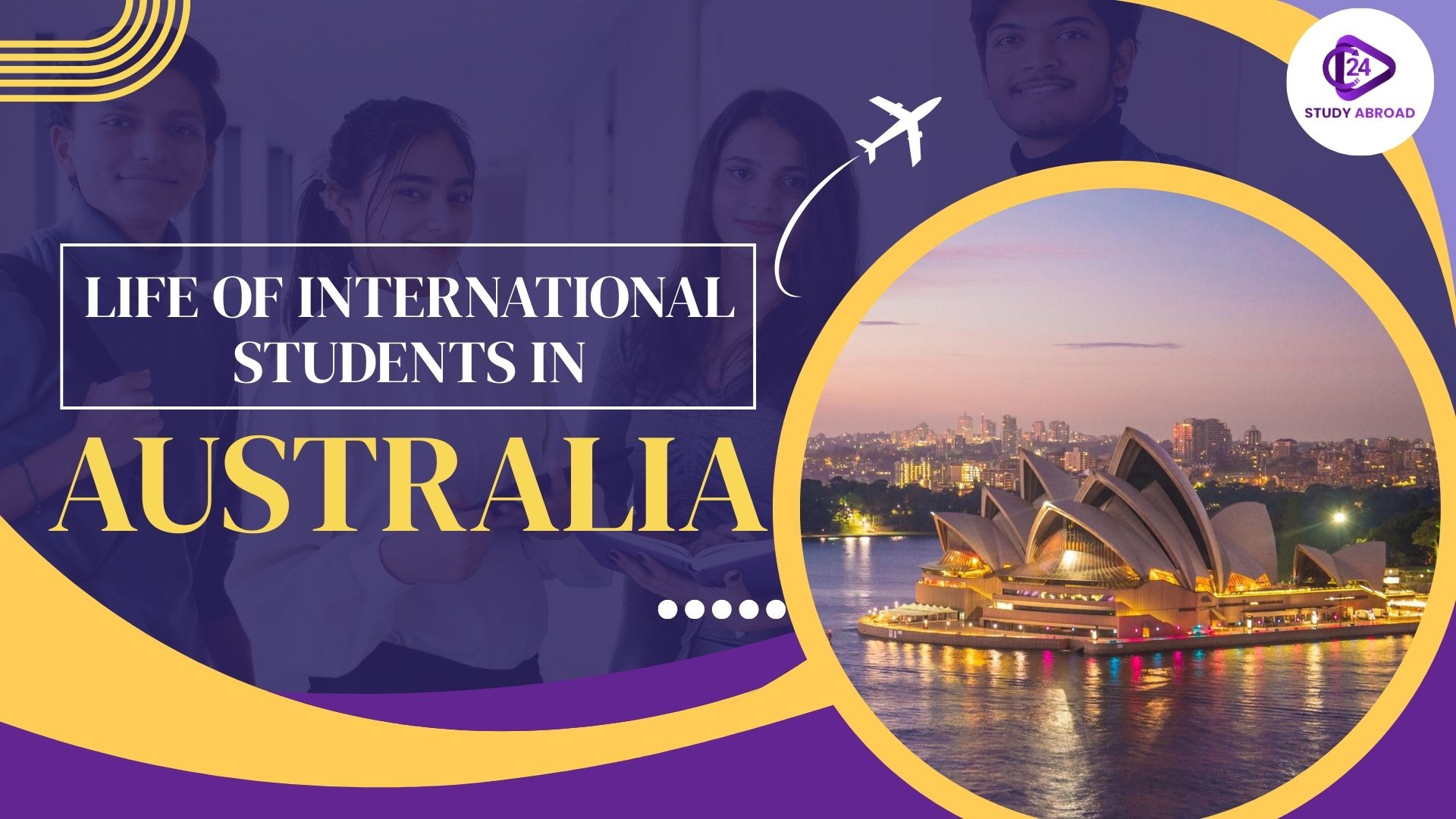
Life of International Students in Australia: Cost of Living, Climate, Culture, Housing & Safety
Australia has emerged as one of the most desirable places of study to international students. Australia is a preferred location with world-class universities, globally recognised degrees, part-t...
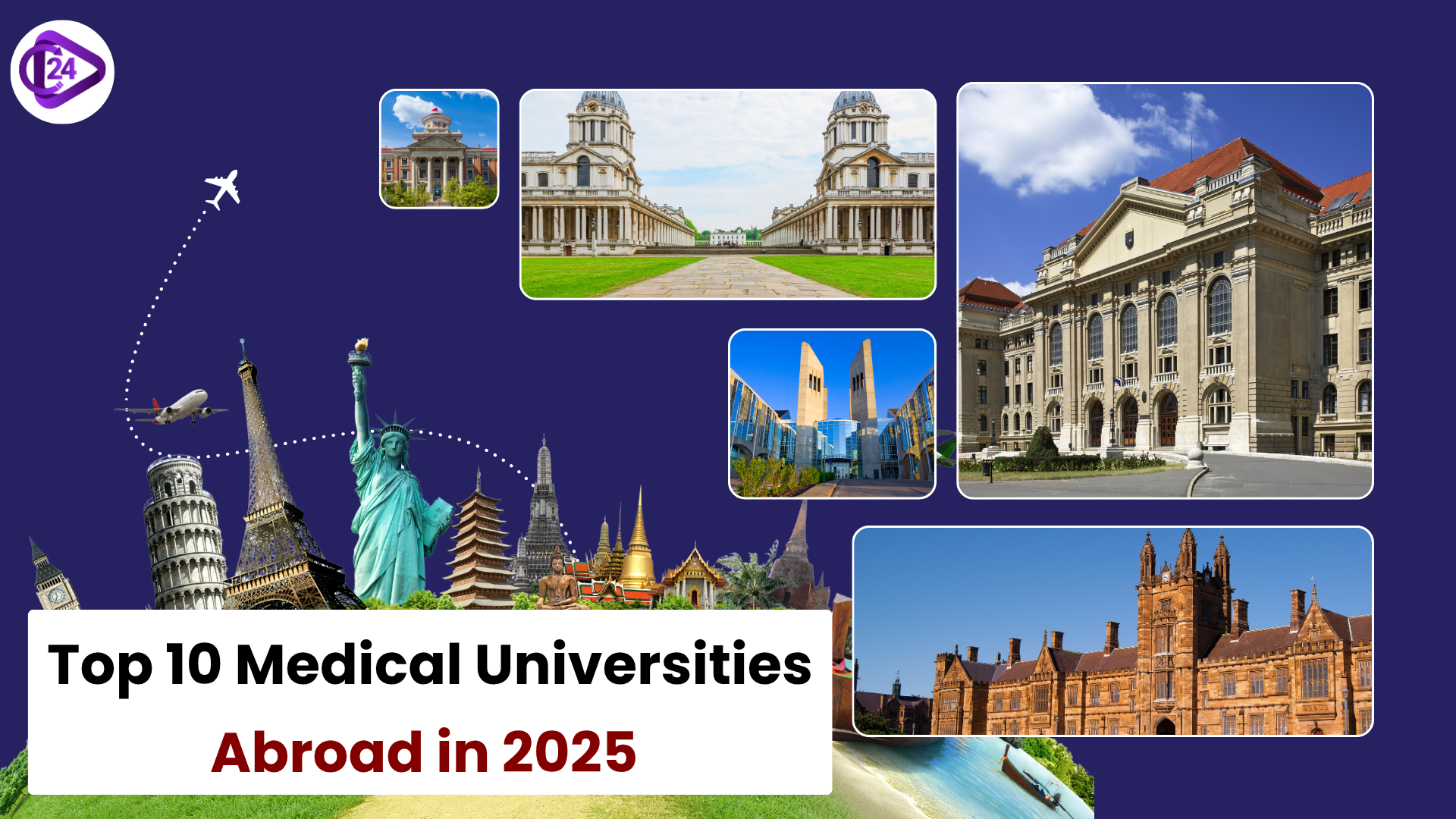
Top 10 Medical Universities Abroad in 2025
In order to study medicine at a foreign university, it is possible to access high-quality training, advanced research, and a career at the international level. With the increasing needs of skill...



